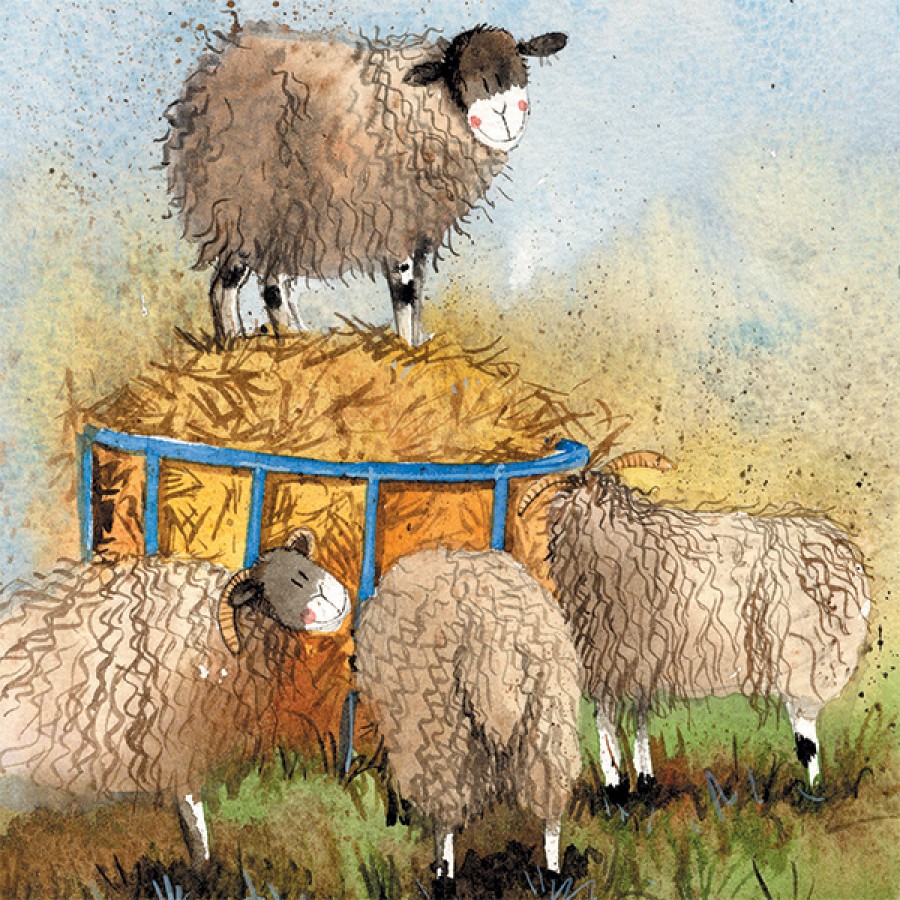
England is surrounded by water, so 70% of anything that goes down the drains (tampons, condoms, wet wipes) or up in the air (balloons, fire lanterns) lands in the sea. So we have huge amounts of beach litter, as well as well in the sea itself (mostly plastic and ghost fishing waste). The most common items you’ll likely to encounter on the beach are:
- Plastic bottles
- Glass litter
- Cigarette butts (use a beach ashtray)
- The tear-off bits on grocery plastic bags
- Plastic tea bags
- Nylon hair bands
- Crisp packets
- Golf balls and tees (launched from ships)
- Swimming costumes, goggles, snorkels
- Fishing line waste
- Footballs, frisbees etc
bags to pick up beach litter

Waterhaul beach clean bag is made in Cornwall from end-of-life spinnaker sails, a durable sailcloth that is designed to be used with their litter-pickers, so you don’t have to up tin cans etc with your hands. Onya’s backpack is made from recycled plastic bottles and folds into a pouch so you only need to use it if you see litter, and can still walks hands-free, and has a front pocket to hold your keys and sunglasses.
- Ask your council to install a marine clean station.
- Register at Surfers Against Sewage or Beach Clean
- Check tide times and order thick gloves/sharps boxes.
- Download a beach clean guide
- Order a public liability certificate.
Divers can join Neptune’s Army of Rubbish Cleaners, which regular goes on trips to remove rubbish (you don’t get paid but are rewarded with a ‘leisure dive’ afterwards). They collect ghost fishing waste but have found nearly everything else – including once, a kitchen sink!
Be wary of ocean-clean-up machines as they collect floating marine life (‘neuston’) and most sea plastic is too small to be caught by machines. More hopeful solutions are ‘seabins’ that suck up marine trash (but can be almost immediately emptied back in the ocean so wildlife can escape). and ‘Water wheels’ (placed at river ends to move at very slow pace, so creatures/fish can move away in time). The sentiment is there, but we must be careful to avoid ‘gadgets’ being the answer. Instead, pay fisherman to collect discarded fishing gear.






